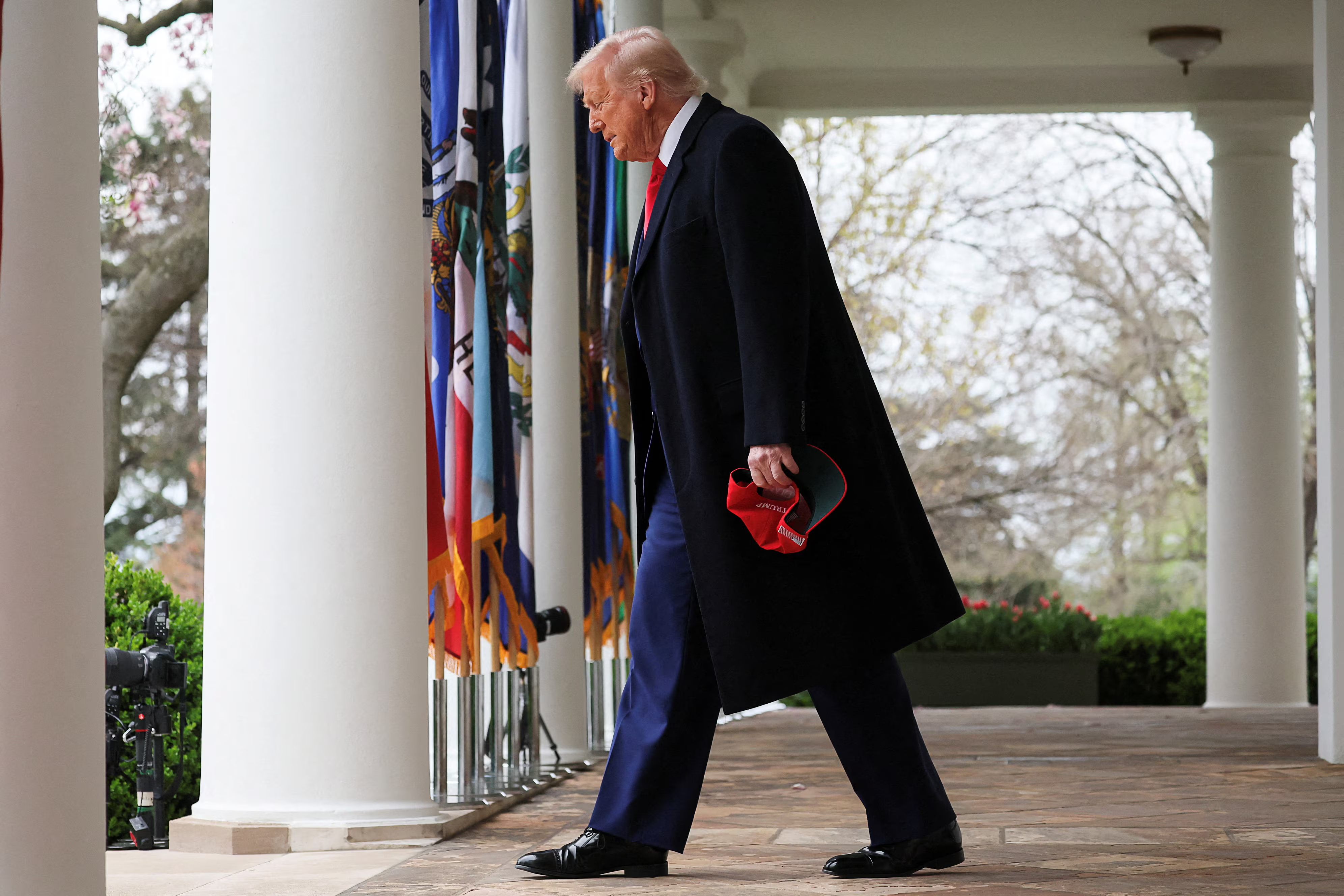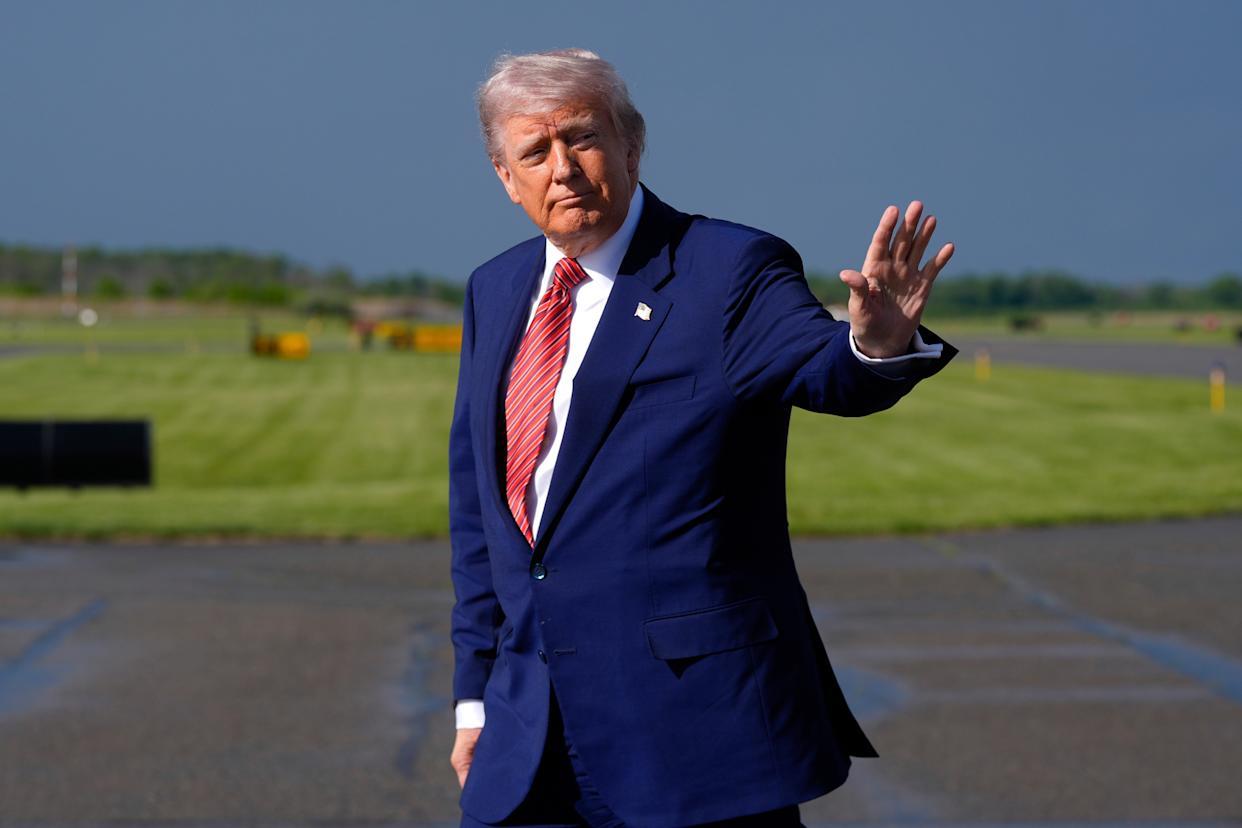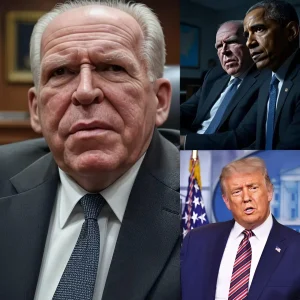A federal judge in Washington, D.C., struck down an executive order issued by President Donald Trump targeting the prominent law firm WilmerHale, marking a significant setback for the administration’s campaign against major law firms perceived as political adversaries. U.S. District Judge Richard Leon, appointed by former President George W. Bush, declared the order unconstitutional in a 73-page ruling on May 27, 2025, citing violations of free speech and due process protections. The decision, which permanently blocks the order’s enforcement, is the third judicial rejection this month of Trump’s efforts to sanction law firms, following similar rulings against orders targeting Perkins Coie and Jenner & Block. Leon’s opinion described the order as a “staggering punishment” for WilmerHale’s protected speech, arguing it undermines the independent judiciary and legal profession envisioned by the Founding Fathers.

The executive order, signed on March 27, 2025, aimed to restrict WilmerHale’s operations by suspending its attorneys’ security clearances, barring them from federal buildings, and directing agencies to terminate contracts with the firm or its clients. It accused WilmerHale of “weaponizing” the justice system, specifically citing its past employment of former Special Counsel Robert Mueller, who investigated Trump’s 2016 campaign ties to Russia. WilmerHale, a 1,200-lawyer firm with a strong Washington presence, sued on March 28, represented by former Solicitor General Paul Clement, arguing the order violated the First, Fifth, and Sixth Amendments and the separation of powers. Leon agreed, stating the order’s intent was to punish the firm for representing clients and causes disfavored by the administration, including liberal-leaning political cases and challenges to Trump’s policies.
The ruling highlights a growing divide in the legal industry. While WilmerHale, Jenner & Block, and Perkins Coie have successfully challenged Trump’s orders in court, nine other firms, including Paul Weiss and Skadden Arps, have negotiated deals with the administration, pledging nearly $1 billion in pro bono services to avoid similar sanctions. Critics argue these deals compromise the legal profession’s independence, while the suing firms’ victories reinforce the judiciary’s role in checking executive overreach. Leon’s decision noted that the order’s sanctions, such as restricting courthouse access, severely impaired WilmerHale’s ability to represent clients, causing some to curtail engagements and others to take business elsewhere.
 WilmerHale celebrated the ruling, stating it “strongly affirms our foundational constitutional rights and those of our clients.” The Justice Department, which defended the order as a lawful exercise of presidential authority, has not yet indicated whether it will appeal. The broader context reveals Trump’s strategy to target firms with ties to his political opponents, including those linked to Mueller’s probe or Democratic campaigns. With a fourth firm, Susman Godfrey, awaiting a ruling on a similar challenge, the legal community remains on edge, wary of further executive actions. These court victories underscore the judiciary’s commitment to protecting constitutional principles, even as Trump’s campaign tests the resilience of America’s legal framework.
WilmerHale celebrated the ruling, stating it “strongly affirms our foundational constitutional rights and those of our clients.” The Justice Department, which defended the order as a lawful exercise of presidential authority, has not yet indicated whether it will appeal. The broader context reveals Trump’s strategy to target firms with ties to his political opponents, including those linked to Mueller’s probe or Democratic campaigns. With a fourth firm, Susman Godfrey, awaiting a ruling on a similar challenge, the legal community remains on edge, wary of further executive actions. These court victories underscore the judiciary’s commitment to protecting constitutional principles, even as Trump’s campaign tests the resilience of America’s legal framework.






